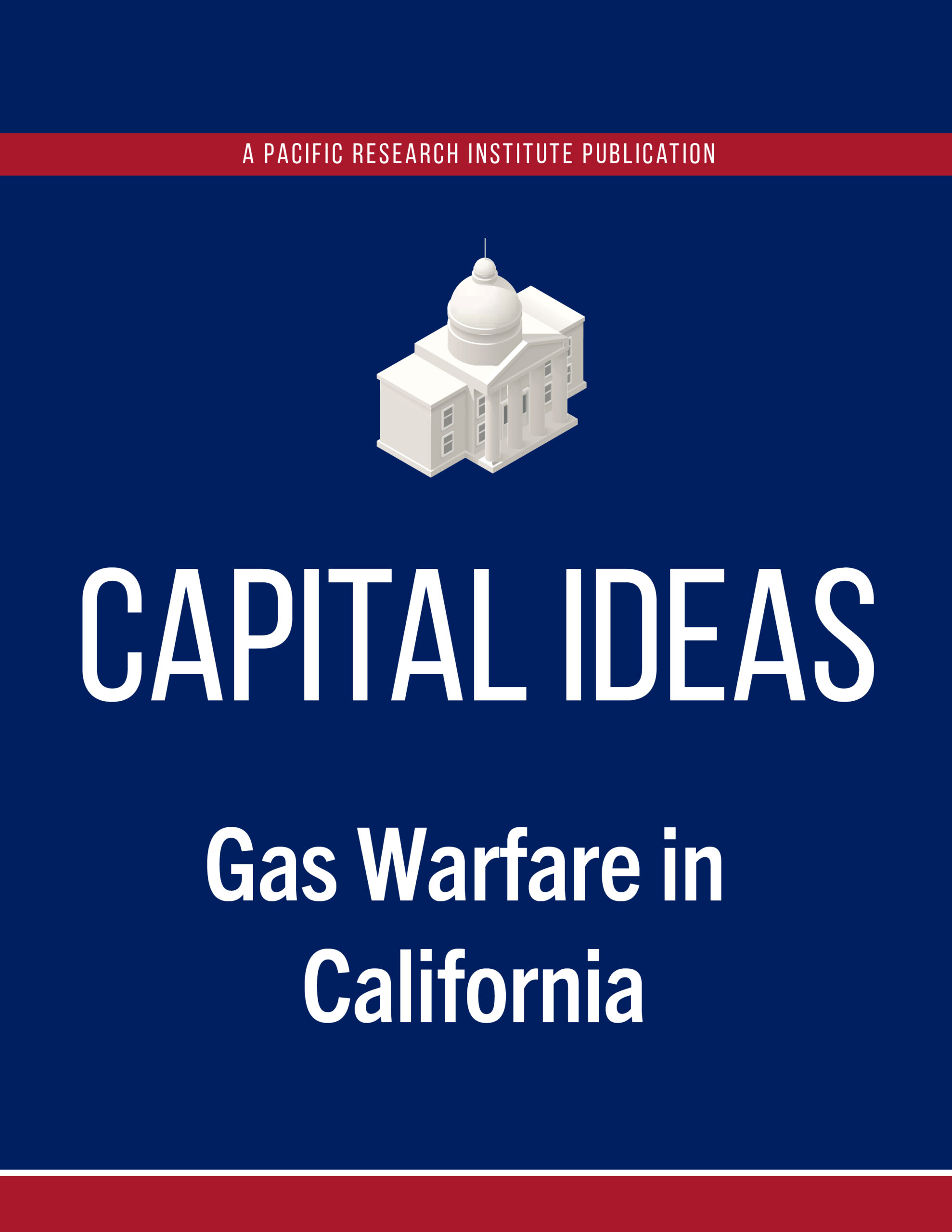It took only a few hours after Gov. Gavin Newsom signed a regulatory bill for Phillips 66 to announce that it is closing its Los Angeles refinery complex. Without actually using the words, the company is saying there’s no reason to stick around and be abused.
In a ceremony designed to deliver the message that the governor was doing some good, Newsom signed Assembly Bill X2-1. It grants the state the power “to require oil refiners to maintain a minimum inventory of fuel to avoid supply shortages.” It’s also designed to limit “higher profits for the industry,” and further authorizes the bureaucracy to force “refiners to plan for resupply during refiner maintenance outages.”
Two days later, Phillips 66 announced it’s shutting down the refinery, which consists of a facility in Carson and another five miles away in Wilmington linked by a pipeline, in the fourth quarter of 2025. Both sites have been in operation for more than a century, pumping “millions of barrels of gasoline” for Southern California motorists, says the Los Angeles Times.
The company believes “the long-term sustainability” of the Los Angeles refinery is “uncertain,” which is a polite way to say that lawmakers are creating hostile business conditions that conventional energy companies struggle to operate under.
Roughly 600 Phillips 66 employees and 300 contractors will be impacted. At the same time, tens of millions of California car owners will be taking a direct kick in the wallet. While Phillips 66 pledged to “work with California to maintain current levels and potentially increase supplies to meet consumer needs,” Sacramento’s attempt to ensure a plentiful supply of gasoline by adding another layer of regulations is going to reduce production. That will diminish supply, which means it’s going to cost more to fill up in the state that already has the nation’s highest gas prices.
The Phillips 66 closing will leave the state with just 16 refineries to produce 2 million barrels of California’s boutique blend – which is not made anywhere else, costs more and required oil companies to invest billions to upgrade their systems to produce. The loss is significant. California’s refining capacity had already dropped by 12% between 2017 and 2021, and it “may lose more,” says the Institute for Energy Research. With the new law, more refineries may choose to follow Phillips 66 in closing their facilities or curtailing operations.
The alternative is to import fuels produced elsewhere. In lands far away. Where Californians can’t see the sausage being made and therefore can think of themselves as conscientious stewards of the environment for having rid the state of refineries.
As anyone should expect, China – with its lax, Third World treatment of the environment – “is coming to the rescue,” says author and energy analyst Ronald Stein, “with Asia’s 88 new refineries for manufactured oil derivatives that are the basis of most every product being used by mankind.”
Despite policymakers’ sunny rhetoric about delivering lower prices for consumers, we are watching the slow-motion deconstruction of California’s oil industry.
Cities are outlawing new gas stations.
ExxonMobil says the state’s regulatory regime has obstructed efforts to restart offshore production.
Attorney General Rob Bonta recently sued ExxonMobil, claiming that it had engaged in “deceptive public messaging regarding plastic recycling,” even though the company was simply following the demands made by the state.
Bonta admitted earlier this year that one of objectives behind a separate 2023 lawsuit filed against five oil companies is to make oil and gas “more expensive” in an effort to disincentivize the use of these energy sources.
A bill that would have required “fossil fuel polluters to pay their fair share of the damage caused by the sale of their products” to relieve “a portion of the burden from climate harms” borne by taxpayers failed in the Legislature this year. But it will return in some form. The demand for splashy-but-counterproductive climate policy in California is too great.
“It is the end of an era for Big Oil in California, as the most populous U.S. state divorces itself from fossil fuels in its fight against climate change,” Reuters proclaimed earlier this year.
While the oil industry is trying to keep matters civil, it’s an obviously acrimonious divorce.
One of the parties utterly loathes the other.
Kerry Jackson is the William Clement Fellow in California Reform at the Pacific Research Institute, and co-author of the PRI book, The California Left Coast Survivor’s Guide.

